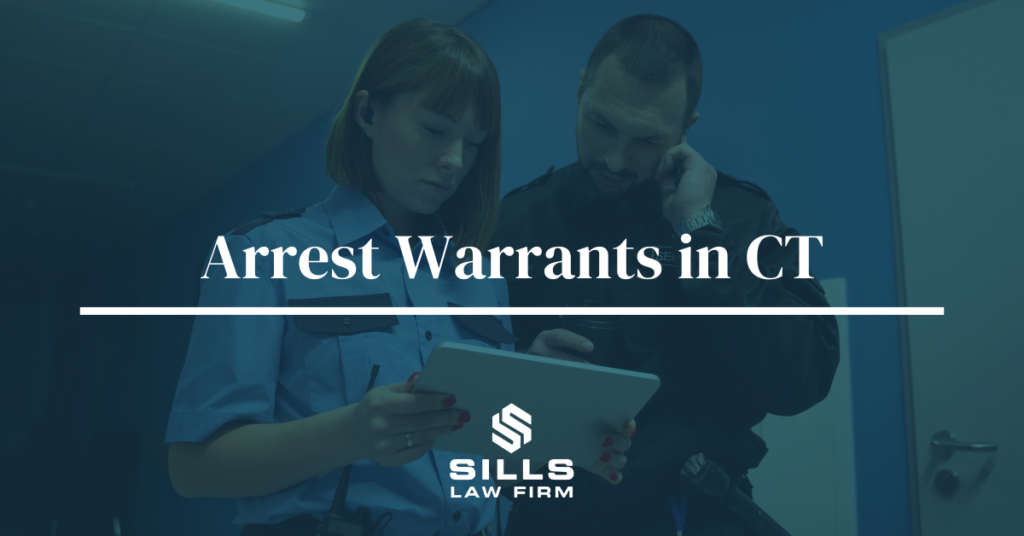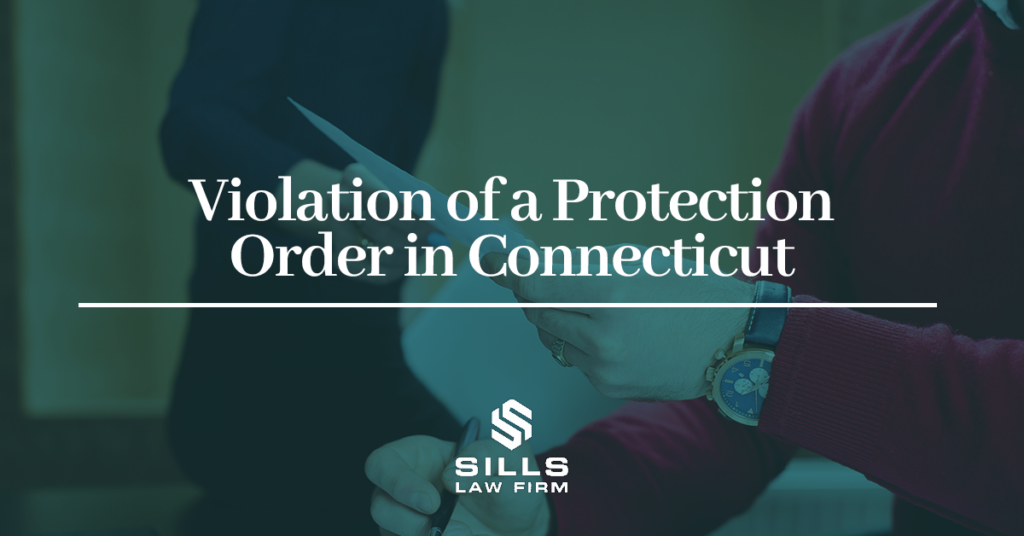Eight types of offenders will receive enhanced sentences under repeat offender laws:
Susan Pice writes about the CT Persistent Offender Laws. In the Summary of a research article that was published as an OLR Research Report on August 30, 2007, she writes in her Summary as follows:
Persistent offender laws are generally intended to combat recidivism by enhancing penalties for defendants who demonstrate a pattern of resistance to rehabilitation. Connecticut law authorizes judges to impose enhanced sentences on eight classes of repeat (persistent) offenders:
1. dangerous felony offenders,
2. dangerous sexual offenders,
3. serious felony offenders,
4. serious sexual offenders,
5. felony offenders,
6. bigotry or bias offenders,
7. stalking and harassment-related offenders, and
8. larceny offenders.
The Connecticut Supreme Court has interpreted the laws as requiring a sequence of offense, conviction, and punishment for each prior offense before a defendant may be subjected to an enhanced penalty as a persistent offender (State v. Ledbetter, 240 Conn. 317 (1997)). Under this rule, the prior convictions must have been for separate, independent offenses which were disposed of in separate criminal proceedings.
Prosecutors decide whether to charge a repeat offender under a persistent offender statute. If they do so, they must file two-part information, specifying the persistent offender charge and its factual basis in the second part (Part B). A persistent offender charge is not a separate offense but puts the defendant on notice that a conviction for the underlying charge can subject him or her to enhanced penalties. Defendants who have been pardoned on the grounds of innocence for a prior offense on which the state is relying cannot be convicted as persistent offenders (CGS § 53a-40(g)).
Cases involving persistent offender charges are prosecuted in two parts. If the defendant pleads guilty or is convicted of the underlying criminal charge, the second phase requires the court to determine, by clear and convincing evidence, whether the statutory standards for sentence enhancement have been met. The law specifies that defendants may, and in some cases must be sentenced as persistent offenders when the court determines that the person’s history, character, and the nature and circumstances of the criminal conduct indicate that extended incarceration (and, under some statutes, extended community supervision) best serve the public interest. The defendant decides whether a judge or jury makes this determination.
Repeat offender laws, also known colloquially as “three-strike laws” have been passed in 28 U.S. states and they have a long history, as many judges officially and unofficially took past offenses into account before sentencing. In 1768, for example, Isaac Frasier was hanged because he had been arrested and convicted of theft several times.
The first contemporary “three-strike” law, one requiring mandatory prison sentences, passed in Washington in 1993. Since then, many states have passed repeat offender laws with the hope that such regulations will prevent potential lawbreakers and former criminals from making errors in judgment.
Connecticut has its own specific criteria for how repeat offenders should be sentenced, mostly dependent on prior convictions and the nature of their persistent offense. In CT it is not known as a “three strikes law.”
Prison time ranges from 3 months to 60. The most severe offenders, those convicted of capital felony on a third conviction, may be served with a life sentence or execution, depending on the results of the trial. For a full table of convictions and sentences, take a look at the OLR Research Report on Connecticut’s persistent offender laws.
The way this works is that if a person has been twice convicted of and imprisoned for any of the crimes enumerated in certain sections of the persistent offender statute and is now convicted under the persistent offender statute then the Judge can sentence the person for the next more serious degree of felony, which can be up to life imprisonment depending on the crime. In this regard, it looks like there is a “three strike” rule. However, there are some crimes whereby if you were previously convicted of one crime and obtain a conviction for a second crime you can be declared to be a persistent offender under the second crime and given an enhanced penalty upon sentencing.
WHAT ABOUT DUIs?
Well, in CT the case law indicates that a second conviction within 10 years of the first conviction is an unclassified felony and the stated penalty is in the DUI statute. So the DUI statute in CT provides for an enhanced penalty of up to 2 years in jail. A first offense has a penalty of up to 6 months in jail.
Are Repeat Offender Laws Constitutional?
State repeat offender laws are still considered constitutional, though in Johnson vs. The United States, the Supreme Court ruled the federal repeat offender law, the Armed Career Criminal Act, was too vague to be constitutional.
If you’re facing a repeat conviction, contact us to speak with an experienced Connecticut criminal defense attorney today!





